
Loading...
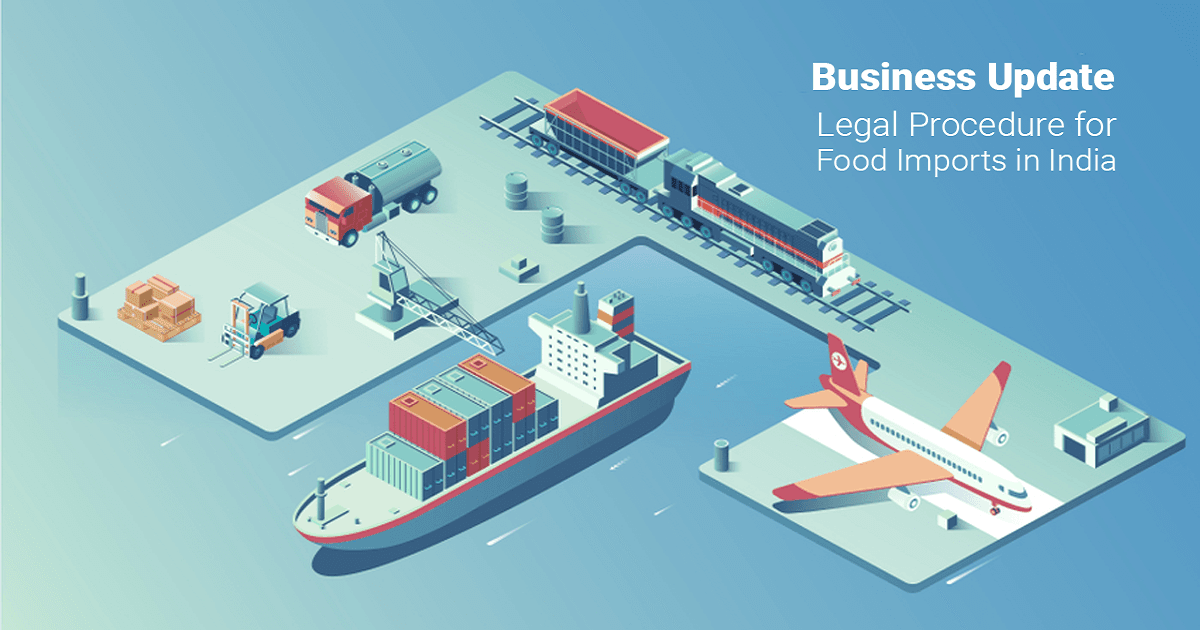
If an importer wants to import food products in India, he is required to apply for an FSSAI License. He would have to submit documents such as VAT certificates, Import - Export Code (IE code) with the food licensing authority.
About the Author

Vipan has more than 12 years of working experiences and guiding the team in the strategic Development and preparation of ESG reports. He is having a vast experiences of working in the field of Environment in legal, statutory, regulatory, environment compliance management and expertise in waste management. He is a Founder and MD of Corpseed. He is the one, who has developed World First Technology Driven AI Based Automated Compliance Model for All Businesses. He has worked with the Multinational Companies, such as Suncorp (Australian Bank), British Petroleum (UK), Eco- lab health care (USA), BHL, PGCL, UN-Group, SRY oil and gas, L&T, EVS electronics Ltd, Amzette, Faber, NTPC, Muthoot Finance, Capgemini etc.
Related articles
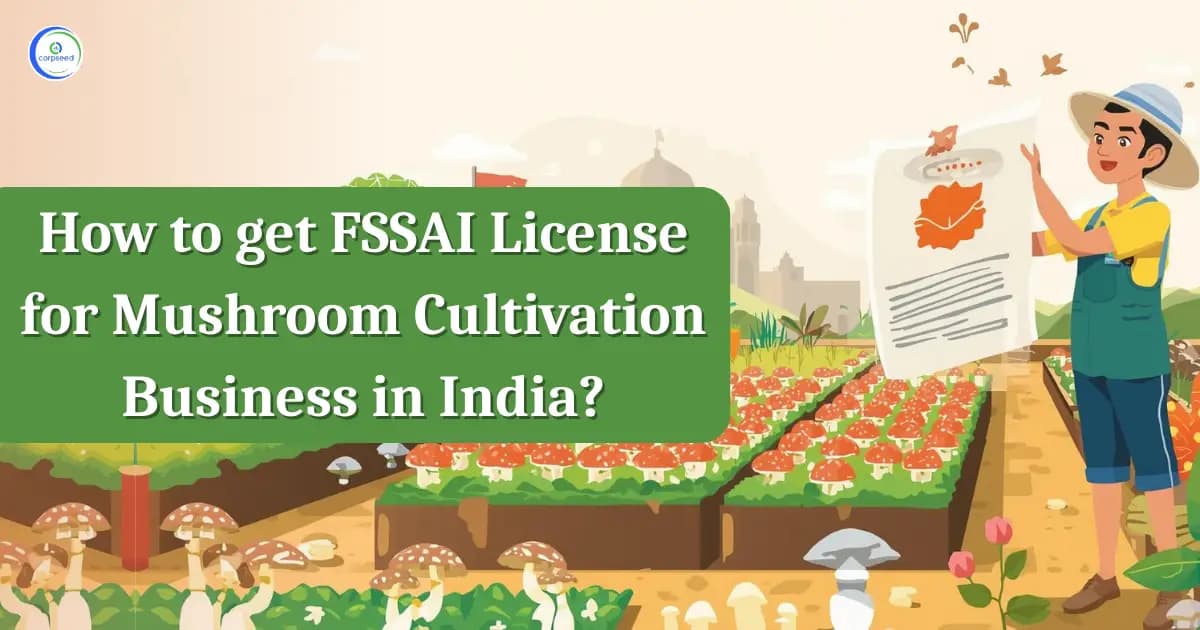
How to Get FSSAI License for Mushroom Cultivation Business in India
2026-02-13
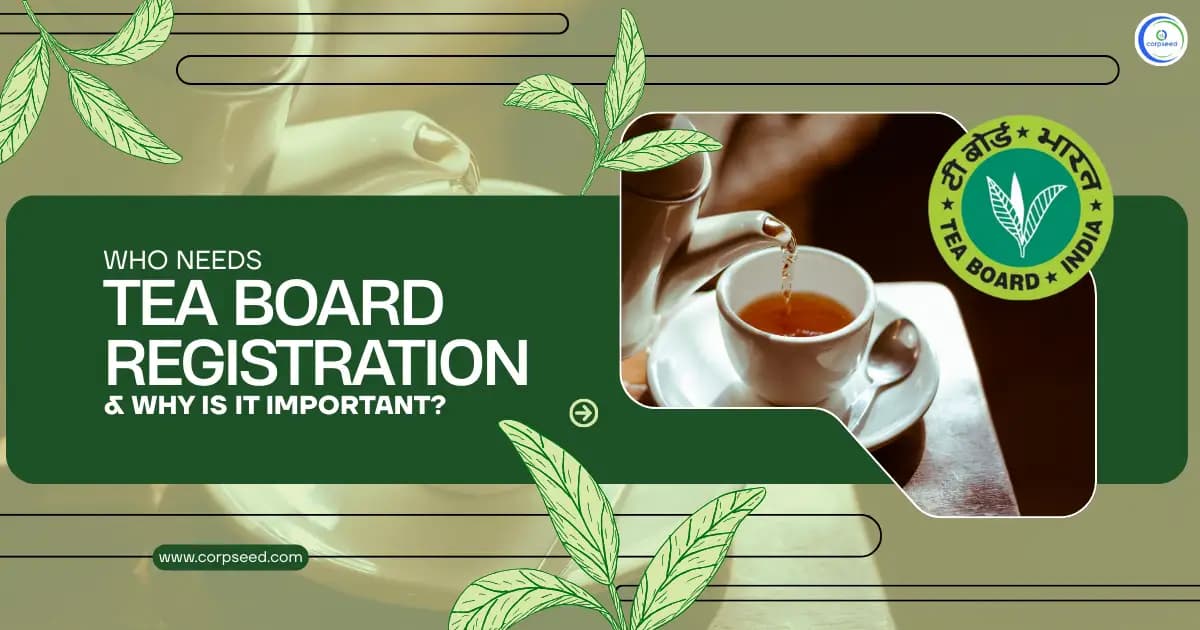
Who Needs Tea Board Registration & Why Is It Important?
2026-02-10

How to Apply for Spice Board Registration in India: Step-by-Step Guide
2026-01-02

Plant Protection Code 2025: New Rules for Tea Licenses
2025-11-29
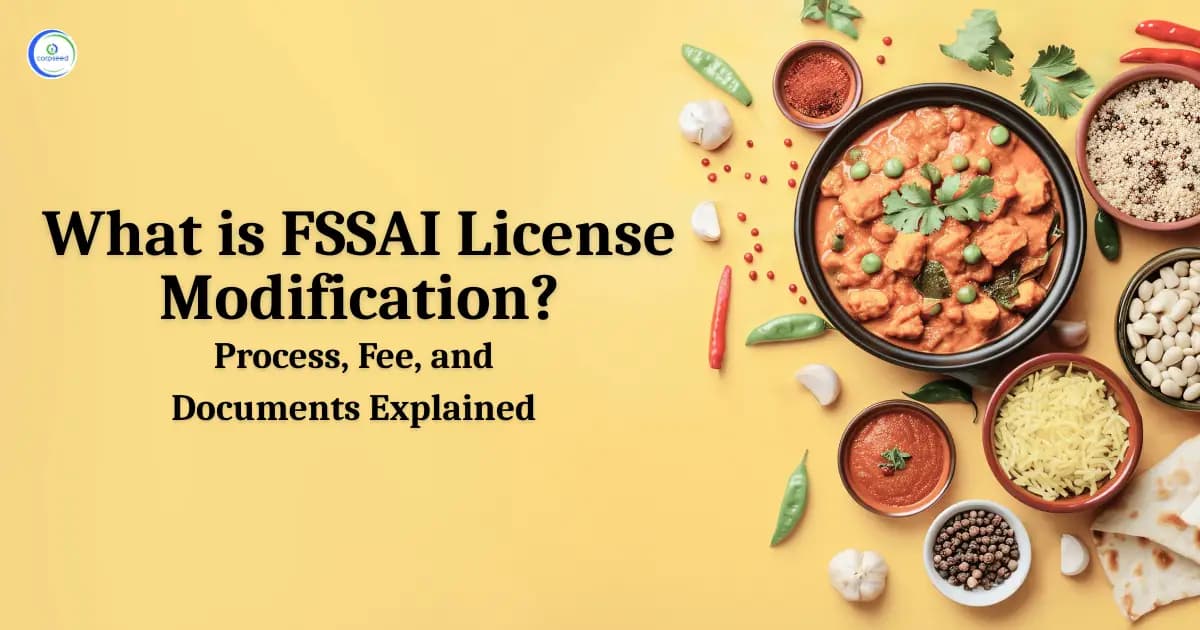
What is FSSAI License Modification? Process, Fee, and Documents Explained
2025-09-19
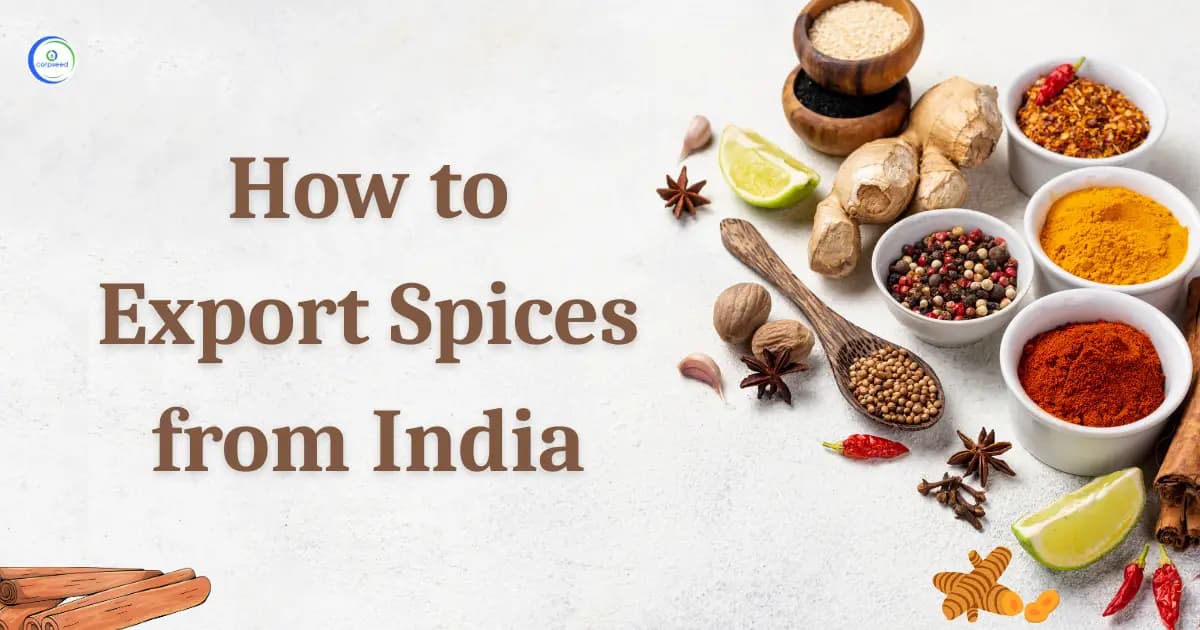
How to Export Spices from India: Complete Process and Documentation Guide
2025-08-14